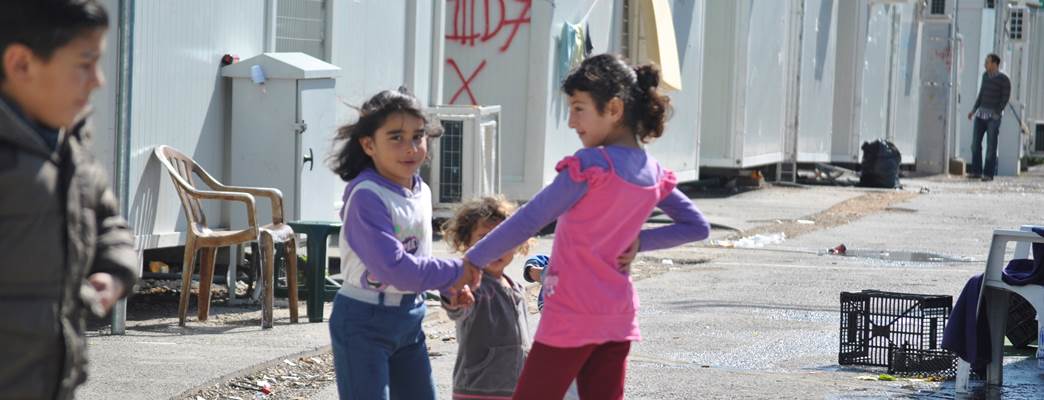Chair,
Let me start by strongly condemning Hamas’ indiscriminate attacks on Israeli civilians. Our thoughts are with the victims and their families. Let me also express concern for the Palestinian civilians and the limited access for humanitarian assistance in Gaza. We remind all parties of the need to respect international humanitarian law. Civilians on all sides must be protected.
Furthermore, we also offer our condolences to the victims of the devastating earthquake in Afghanistan.
Chair,
With more than 110 million people now forcibly displaced, the challenges to provide protection and support for refugees and internally displaced people, are overwhelming. In addition to 38 new crises, there are many protracted crises, with people being displaced for several decades.
For the first time since the 1990s, Norway has offered temporary collective protection to help fleeing Ukrainians, in addition to contributing with medical evacuations and support in many sectors. Russia’s illegal war must stop.
The outpouring of support to UNHCR and other aid agencies following the Russian Federation’s invasion of Ukraine was a show of solidarity. The support for Ukraine is however not being matched by support needed for many of UNHCR’s other operations.
Norway is concerned about the level of underfunding of “silent” or overlooked emergencies, as well as protracted situations.
We support UNHCRs main priorities in addressing these challenges; First, retention of support to UNHCR’s work in Ukraine. Second, UNHCR must make the case for similar levels of social and financial investment in other responses around the world.
Norway remains committed to providing un-earmarked and flexible funding to facilitate the provision of well-coordinated, rapid and effective assistance to UNHCR.
A comprehensive approach to the protection of refugees and other displaced people remains a priority for Norway. We strongly support the Global Compact on Refugees, promoting inclusive refugee policies and improving international burden and responsibility sharing.
Norway has launched a special initiative for displaced populations and host communities, based on both humanitarian and development funding. Durable solutions to protracted displacement crises need holistic and integrated policies.
Norway is looking forward to the Global Refugee Forum. We will have a particular focus on conflict as one of the main root causes of displacement and hence the importance of peace and reconciliation efforts.
We will also work to make the protection of displaced children a priority for the global refugee forum in December. This includes issues of critical importance to children, like birth registration, safe access to education and protection from sexual and gender-based violence.
We commend UNHCR for the commitments made at the international conference on the protection of children in armed conflict in Oslo in June. We hope to see more commitments related to the protection of children at the GRF.
Protection must remain the overarching priority and main goal for UNHCR’s work, with a particular focus on the most vulnerable, including the LGBTQI+ community. Protection of this group is of vital importance. We are happy to note the importance that UNHCR attaches to their long-standing existing operational policies and plans on Age, Gender and Diversity, as reflected in the proposed programme budget for 2024.
The recent spike in prevalence of sexual and gender-based violence is deeply concerning. UNHCR’s role in prevention and response, including protection measures, is essential, not least as a cluster lead. We urge UNHCR to enhance its efforts to prevent and provide support to survivors. The protection needs of boys and men must be recognized.
Norway supports the Secretary-General’s “Action Agenda” on internal displacement and the work of his Special Advisor on Solutions to Internal Displacement, Robert Piper. UNHCR has a key role to play in offering protection and assistance to IDPs and working towards solutions to internal displacement.
Chair,
Norway supports initiatives that recognize refugees’ resources and competence, seeking to improve refugees’ access to jobs and livelihoods. It is important to support solutions that can contribute to social and economic inclusion. Meaningful refugee engagement and consultations should be streamlined in these efforts. To safeguard inclusive policies and a well-functioning asylum system, we also need a good framework in place for the return of those who are not in need of international protection.
In conclusion, let me reiterate Norway’s strong support to UNHCR. We urge other Member States to follow suit and contribute to reducing the current extraordinary funding gap.
Thank you.
